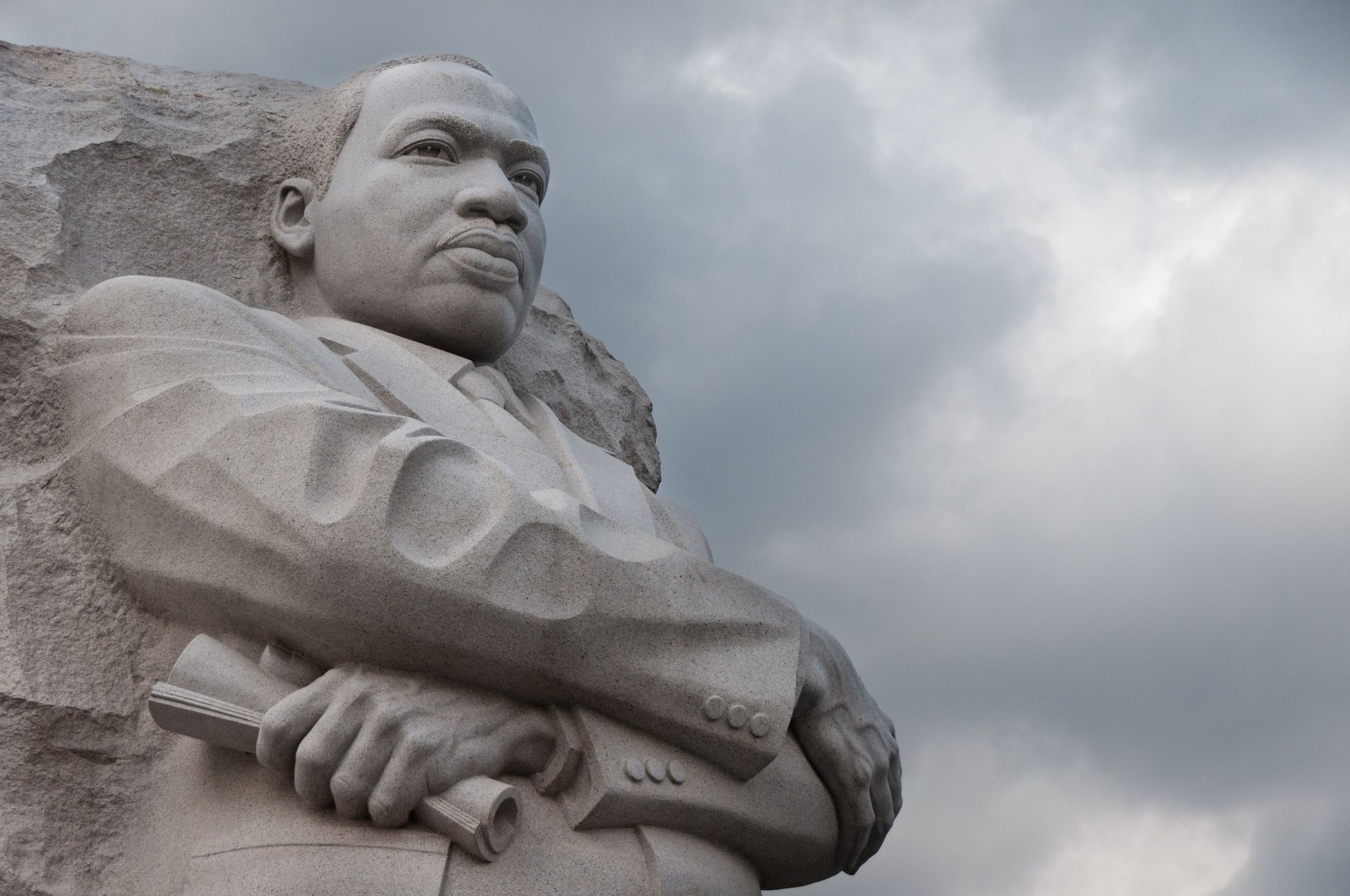Tuesday - July 25, 2023
SCRIPTURE
Psalm 139:14
I praise you because I am fearfully and wonderfully made;
your works are wonderful,
I know that full well.
WORDS OF HOPE
How many of us can get up in the morning, look in the mirror, and echo these words of David, “I praise you because I am fearfully and wonderfully made; your works are wonderful, I know full well”? And, perhaps more importantly, believe them to be true. It is more likely that we only contemplate how we are made when something seems to be wrong, when our physical self has an ache or pain or when we are feeling emotionally or spiritually out of balance. If these are the only things that cause us to visit the wonder of how we are made, praise is not likely our first response.
God has created billions of human beings…and no two alike. The wonderfulness of our making is that we each have sacred originality. We are each a necessary piece of God’s divine plan. When we experience discontent with who we are, whether this be from an internal or external place, it is difficult to embrace and claim the sacredness that was bestowed upon us with our creation. Yet, every one of us has an inner life that is worth nurturing and protecting.
Loving and protecting our sacred originality is difficult in a world that pushes for conformity and normalization, ideas that seem to be antithetical to God’s intention. As Paul says in his letter to the Corinthians, “There are different kinds of working, but in all of them and in everyone it is the same God at work. Now to each one the manifestation of the Spirit is given for the common good.” Where we, as a society have missed the boat is that God does not intend for all of us to be same. Rather, God’s intention is for us to use our unique selves to work for the common good.
One of the questions asked by those receiving the sacrament of baptism in the Episcopal church is, “Will you strive for justice and peace among all people, and respect the dignity of every human being?” Respecting the dignity of every human being means respecting the sacred originality of every human being. The preamble to the Universal Declaration of Human Rights, produced by the UN in 1948, reads, “Whereas recognition of the inherent dignity and of the equal and inalienable rights of all members of the human family is the foundation of freedom, justice, and peace in the world.” You can find this complete document with a quick Google search; reading it spells out exactly how we are to preserve the dignity of others. This is the common good of which Paul speaks.
Baptized Christian or not, this is also the “code of conduct” put forth for every single human being on the planet. Simply put, we are to protect the dignity of others. We are also to protect our own dignity by remaining true to our core beliefs, which means abiding by the vows we took at our baptism and the Articles of the Universal Declaration of Human Rights, despite all of the messaging around us that tries to persuade us otherwise.
Dignity of self is what makes it possible to look in the mirror and say with honesty and conviction, “I am fearfully and wonderfully made; your works are wonderful, I know that full well.”
PRAYER
Great Creator, open my eyes and my heart to the wonder and sacredness of every human that you have made. Give me the courage and conviction to treat every human with the dignity they deserve, including myself. Amen
DEVOTION AUTHOR
Kris Baker
Order of St. Francis and St. Clare
Need More Inspiration? Read our Daily Devotions






